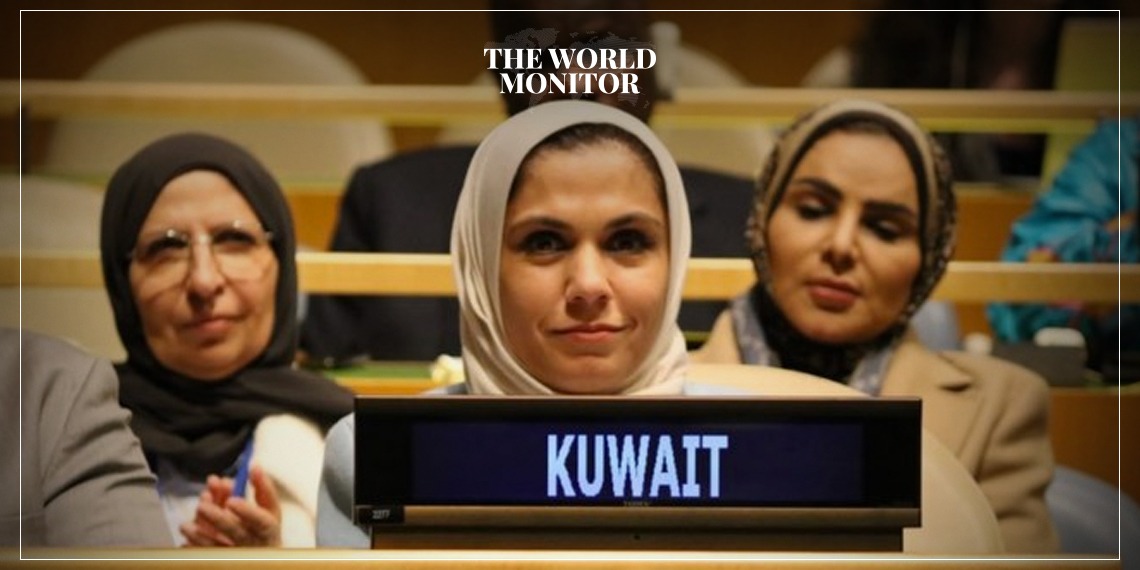Kuwait has underlined the significant role of Kuwaiti women in the development of a modern state and the advancement of society. Recognizing women as a pivotal element in the nation’s progress, Kuwait stressed that its future vision could not be realized without the active and fundamental participation of women.
This affirmation came during the 78th session of the United Nations General Assembly, where Kuwait presented its perspective on women’s issues and gender equality.
Faiqa Al-Mulla, the Third Secretary of Kuwait’s Permanent Delegation to the United Nations, addressed the Third Committee responsible for social, humanitarian, and cultural affairs. She referenced reports from UN Secretary-General Antonio Guterres, highlighting data and statistics that reflect efforts to integrate women’s issues into all aspects of the organization’s work and implement gender equality measures.
Kuwait emphasized its dedication to fulfilling its obligations according to the Beijing Declaration and Platform for Action regarding gender equality and women’s empowerment. This commitment is rooted in Kuwait’s constitution, which acknowledges the equality of all individuals before the law in terms of rights and public duties, with no discrimination based on gender.
Kuwait has taken numerous measures and enacted legislation affirming gender equality. These measures ensure women’s rights to education, employment, and economic independence on par with men. Additionally, Kuwait has legislated laws that protect women’s rights related to personal status, social security, housing, and healthcare.
The legislative bodies in Kuwait have also passed laws ensuring equal pay for equal work between genders. This includes granting women specific privileges, such as maternity and childcare leave, recognizing the importance of balancing work and family life.
Kuwait highlighted that women make up 80% of Kuwait University’s students compared to their male counterparts. Furthermore, nearly 47% of women hold advanced degrees, contributing to women’s equal access to public employment alongside men.
In the realm of politics, Kuwait emphasized that Kuwaiti women have contributed to political decision-making over the years. They have held various leadership positions, including ministers, members of the Kuwaiti Parliament, deputy ministers, judges, and ambassadors.
Regarding violence against women, Kuwait emphasized that every woman has the right to live a life free from oppression. Such practices constitute severe human rights violations and have serious consequences for women’s lives, hindering sustainable development.
Kuwait stressed the need for stronger political will and innovative approaches to eliminate all forms of discrimination and violence against women and girls worldwide. It called for collective efforts to translate this commitment into tangible actions and achievements.






